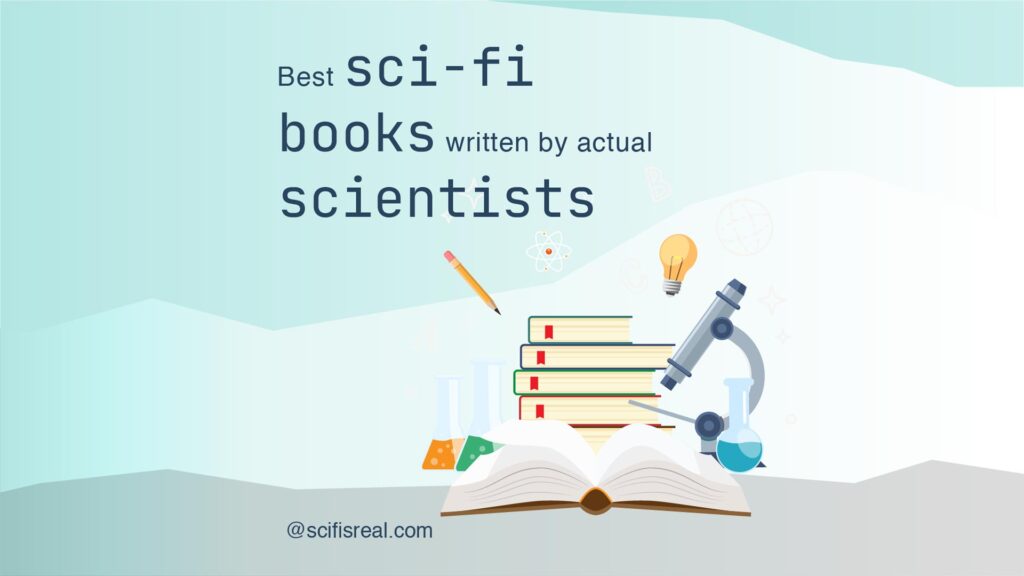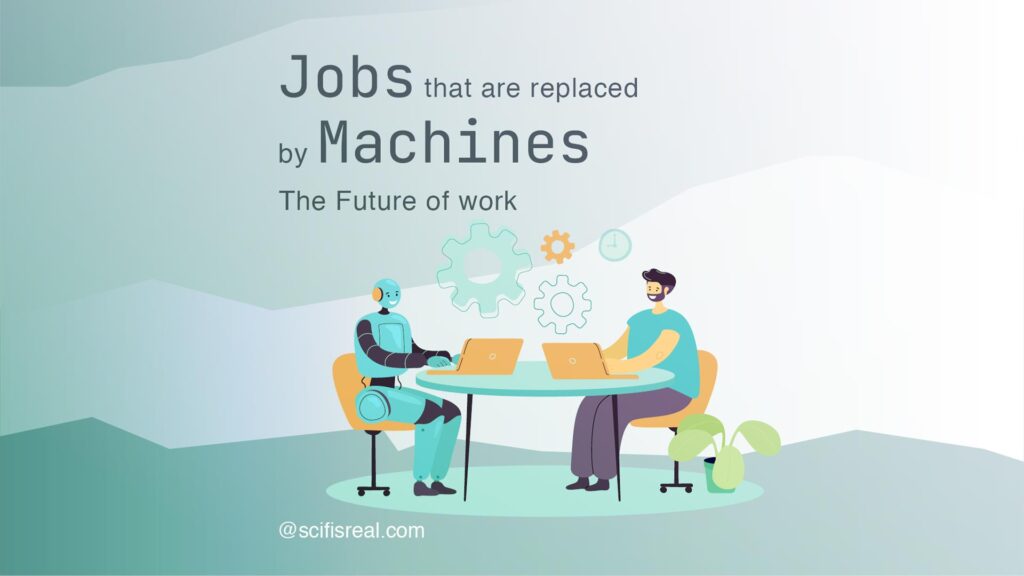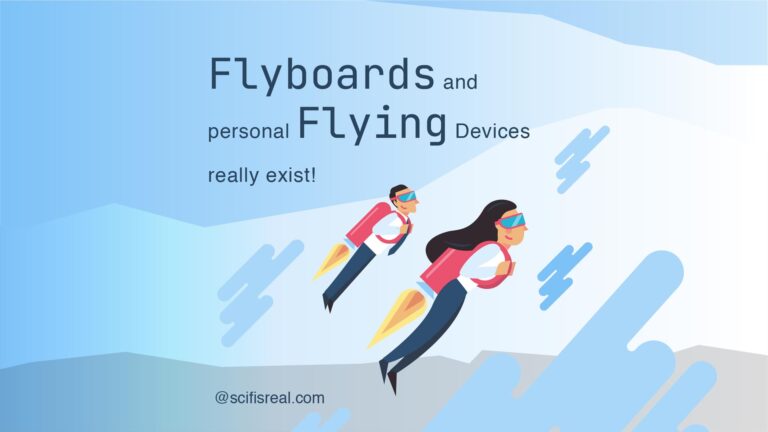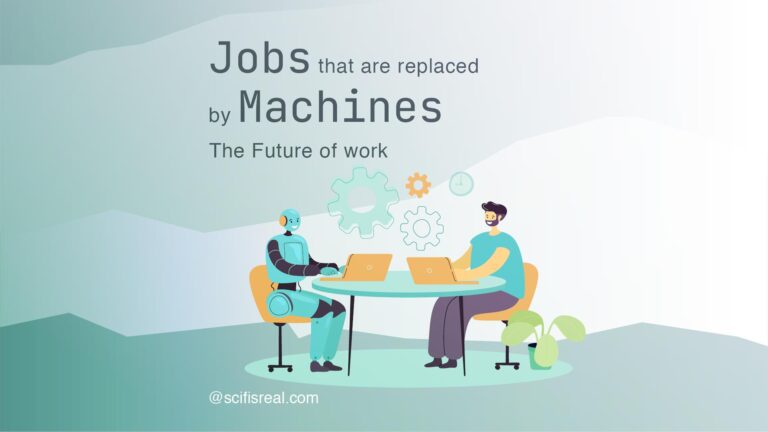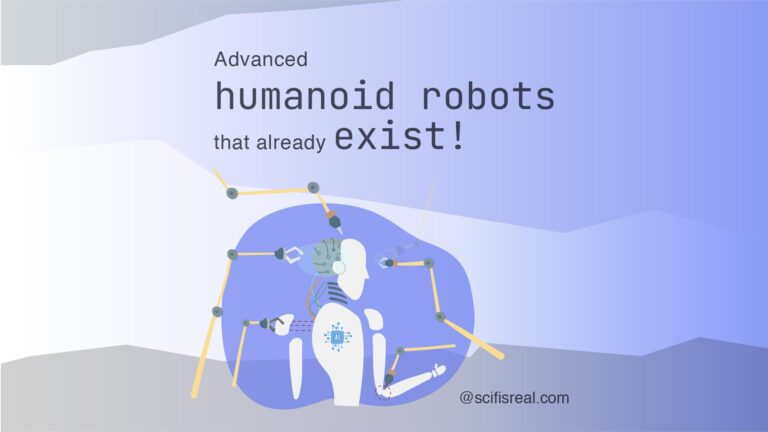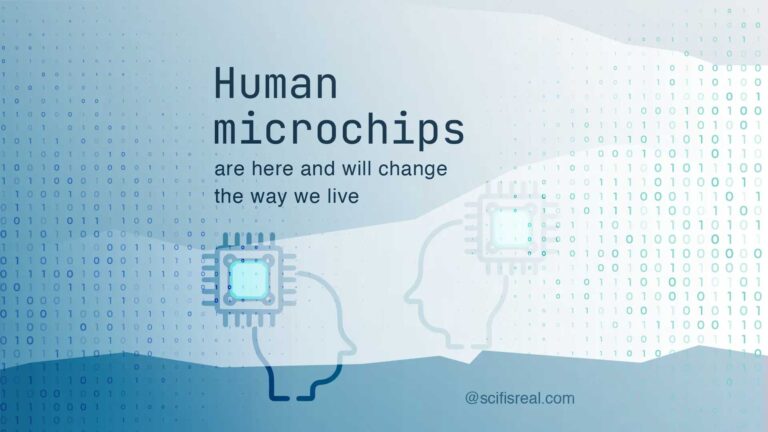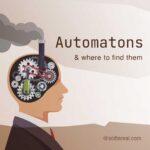Jobs not replaced by AI: the future of work
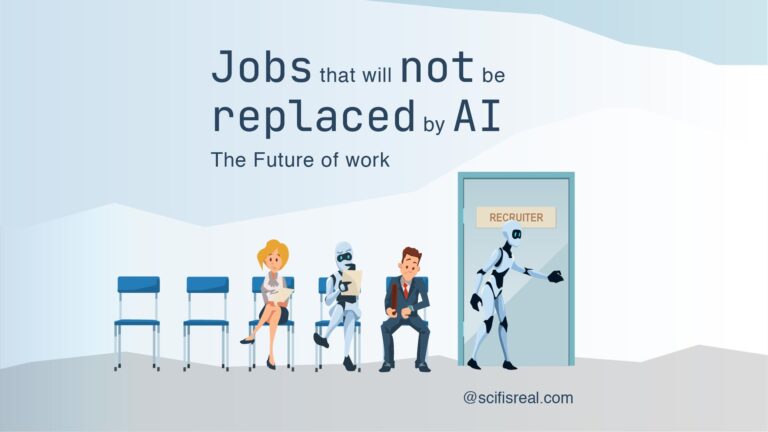
Artificial Intelligence challenges past generations that pursued classic professions. It turns out, however, that many classic jobs not replaced by AI will still be in demand in the future, unhindered by AI taking over the world as we know it.
It is no lie that Artificial Intelligence is here to stay and change the way we live, work, and interact. Technology is advancing at high speed and before we know it, people get so immersed in it that it is no longer innovative or new, it is our way of life. It is a fact that many jobs that require human labor or a vast amount of time can be tackled in a matter of seconds with the help of AI. Some jobs have and will become obsolete but there are still many jobs that will always require human input and direction and will stand the test of time.
Classic jobs that will remain in demand regardless of AI
Advances in artificial intelligence (AI) technology have provided the potential for many types of jobs to be automated and handled by machines but not without consequences on the future of work and employment. There are still, however, many Jobs that will benefit from AI technology but still require human direction and input.
Lawyers
Lawyers are required to interpret the law and provide legal advice that is tailored to a specific situation. AI technology can help lawyers with administrative tasks such as document management and research, but it cannot replace the skill of humans when it comes to understanding complex legal matters.
Medical Professionals
AI has been used in medical diagnoses for some time, but the technology is still far from replacing medical professionals. While AI can help to detect and diagnose certain conditions, it cannot provide human empathy or individualized treatment plans tailored to a patient’s specific needs.
Teachers
AI can be used in classrooms to supplement learning material and create interactive experiences, but ultimately teaching requires more than just technology. Teachers need to provide guidance, support, and motivation to students, which cannot be replaced or automated by AI.
Social Workers
AI technology can be used to provide support services, such as providing information on available resources or helping people connect with other organizations. However, artificial intelligence cannot replace the human element of social work which involves understanding a person’s unique needs and providing personalized care. Social workers also need to be able to build relationships with clients and provide emotional support and trust, which AI technology is not capable of doing.
Business Consultants
AI technology can help to analyze data and provide insights that can be used by business consultants, but it cannot replace the skill of human consultants in understanding a company’s strategy, goals, and culture. AI also lacks the ability to communicate effectively with clients and build relationships, which is essential for successful consulting.
Journalists
AI can be used to generate content and analyze data for stories, but ultimately the human element is still needed to write engaging and meaningful articles. AI technology cannot replace the creative ability of humans or provide the emotional depth that comes with storytelling. The recent popularity and integration of AI tools such as ChatGPT is still far from totally replacing journalists and the amount of research that is involved as it can lead to factual errors and plagiarism.
Creatives
AI can generate creative content, such as music and artwork, but it is still unable to match the nuanced creative work produced by humans. Human creativity often involves an emotional aspect that AI cannot replicate, making it a field that is better handled by human input than automation.
Police Officers
AI technology can help police officers in analyzing data and identifying patterns but, it cannot replace the decision-making skills and authority of a police officer. AI also lacks empathy, which is essential for interacting with people and handling sensitive situations such as domestic abuse or natural disasters.
Psychologists/Therapists
AI technology has been used to provide mental health support but, it cannot replace the skills of a qualified psychologist or therapist. AI can help to diagnose conditions and provide insights on treatments but humans and human interaction are still needed for providing personalized care and building relationships with patients.
Scientists
AI can be used as a tool to help scientists in their research but it cannot replace the expertise of humans when it comes to formulating theories, conducting experiments, and analyzing data. AI technology also lacks the ability to make creative connections between disparate fields and come up with innovative solutions. In some cases, AI can even hinder the scientific process rather than aid it as it can lead to incorrect assumptions and conclusions. In order for AI to be effective in the scientific field, it must be used as a supplement to human input rather than a replacement.
Meteorologists
AI can be used to collect and analyze data in order to predict and recognize weather patterns, but it cannot totally replace the expertise of meteorologists. Meteorology is an unpredictable field that requires not only data analysis but also human intuition and experience to accurately interpret the data. AI technology can never replace the ability of humans to make complex decisions based on their understanding of variables and trends.
Historians and archaeologists
AI technology is often used to scan and analyze large amounts of data, which can be useful for historians and archaeologists in their research. However, AI cannot replace the expertise of humans when it comes to understanding historical context or interpreting artifacts. Human input is still needed for making meaningful connections between different pieces of information as well as providing a compelling narrative. AI lacks the ability to form creative interpretations of history and archaeological finds which can be provided by a human historian.
Agents/Realtors
AI technology can help agents with tasks such as data analysis and market research but, it cannot replace the negotiation skills and interpersonal connection that a human realtor provides. AI cannot provide creative solutions or make decisions on behalf of clients which is essential for finding the right property. Human input will still be needed to provide an effective and successful real estate experience.
List of professions that will not benefit from the use of AI
Although AI technology has been used to automate some tasks and processes, there are certain jobs and professions that will still require no “help” from AI. Human interaction is still essential for many fields. AI lacks the ability to understand subtle nuances and emotions that are required for these roles. AI also cannot replace the creative and decision-making skills of humans, which is essential in certain professions. The following sections will discuss why certain jobs and professions still require no “help” from AI.
Spiritual leaders and priests
Ministers, rabbis, and gurus cannot benefit from the use of artificial intelligence. Religious practitioners who often provide counsel and guidance to their followers do not require the kind of data-driven decision-making that can be achieved with AI.
Emergency responders such as firefighters or paramedics
Emergency responders require a level of human intuition and decision-making that is not achievable by AI. At this time, AI systems are unable to interpret complex social situations, making them unsuited for use in emergency response scenarios. Risk assessment is an important factor in the decision-making of emergency responders, and AI is not equipped to accurately measure this.
Human Rights advocates
AI algorithms are prone to bias, which can lead to discrimination against certain populations or groups of people. This makes using AI in human rights advocacy a potentially dangerous proposition, as it could lead to further marginalization and oppression of the vulnerable. Human rights activists must instead rely on their own knowledge and experience to advocate for justice in our world.
Athletes
Athletes require a level of physical prowess, agility, and coordination that AI cannot provide. Furthermore, athletes also need to understand the intricacies of strategy in order to succeed at their sport. AI simply cannot compete with the experience and expertise of an experienced athlete.
Politicians
Politics is a complex field that requires a deep understanding of the nuances of negotiation and compromise. AI cannot provide this kind of nuanced decision-making, and thus it cannot be used effectively in politics. Politicians must use the tools at their disposal to make decisions that are in line with their constituents’ beliefs and values.
Caregivers
The personal touch of a human caregiver is irreplaceable. AI can provide data-driven insights on how to best aid those in need, but it cannot replace the emotional connection that only humans can offer. This is especially true for special needs care and education, which require extensive knowledge and training that AI cannot provide.
Childcare professionals
AI technology can help with some aspects of childcare such as monitoring activities and providing educational content but, it cannot replace the human interaction that is necessary for providing quality childcare. AI can never replace the emotional support and empathy that a human caregiver provides to children.
Classic professions will still exist regardless of AI
AI technology is starting to surround us with astonishing speed in many aspects of our lives. Many people are concerned that in the future, fewer human jobs will exist due to the rise of AI technology, but according to studies conducted by reputable institutions, not all jobs and professions are at risk.
In truth, AI technology can be used to automate tasks and processes, but it cannot totally replace the expertise, creativity, and interpersonal skills of humans in certain professions. For AI to be effective it must be used as a supplement to human input rather than a replacement. It turns out, there are still some jobs and professions that will require no “help” from AI. Classic professions will still exist regardless of AI technology. With the proper use of AI, more efficient processes can be achieved but, human input will remain an essential part of many jobs and professions.
While new jobs will continue to emerge due to the rise of technology, we can rest assured that classic jobs and professions will stand the test of time and will be still around in the future.
